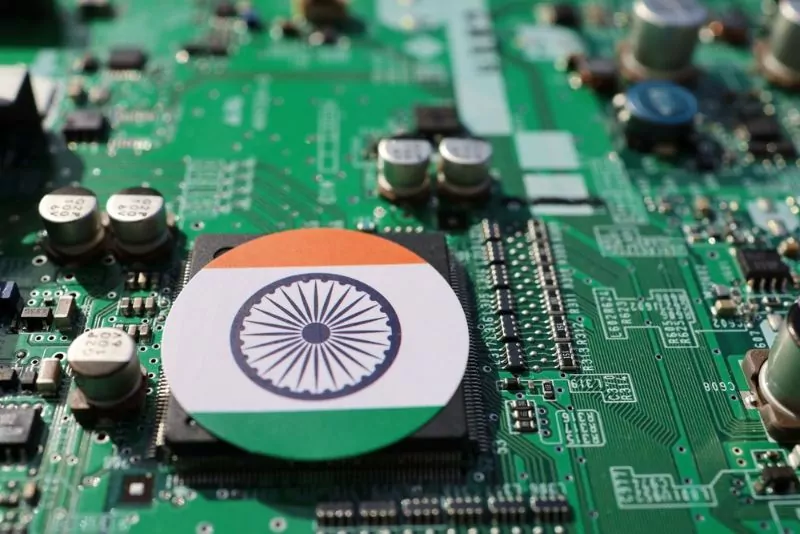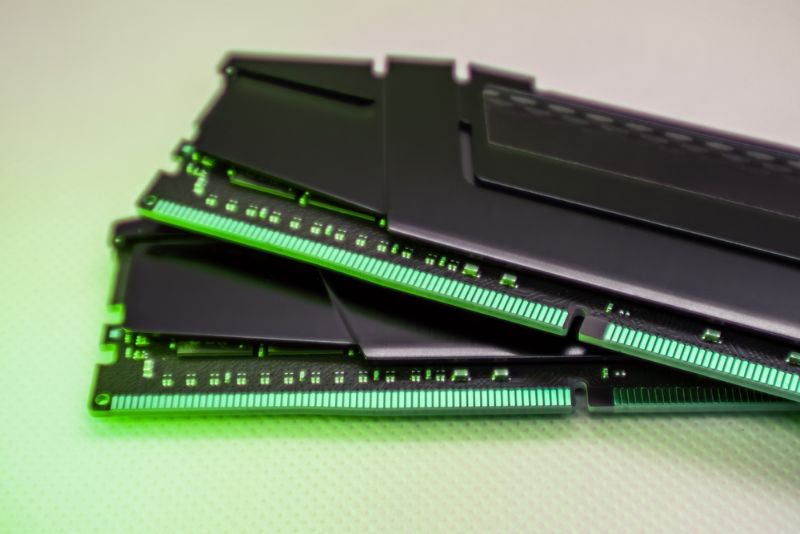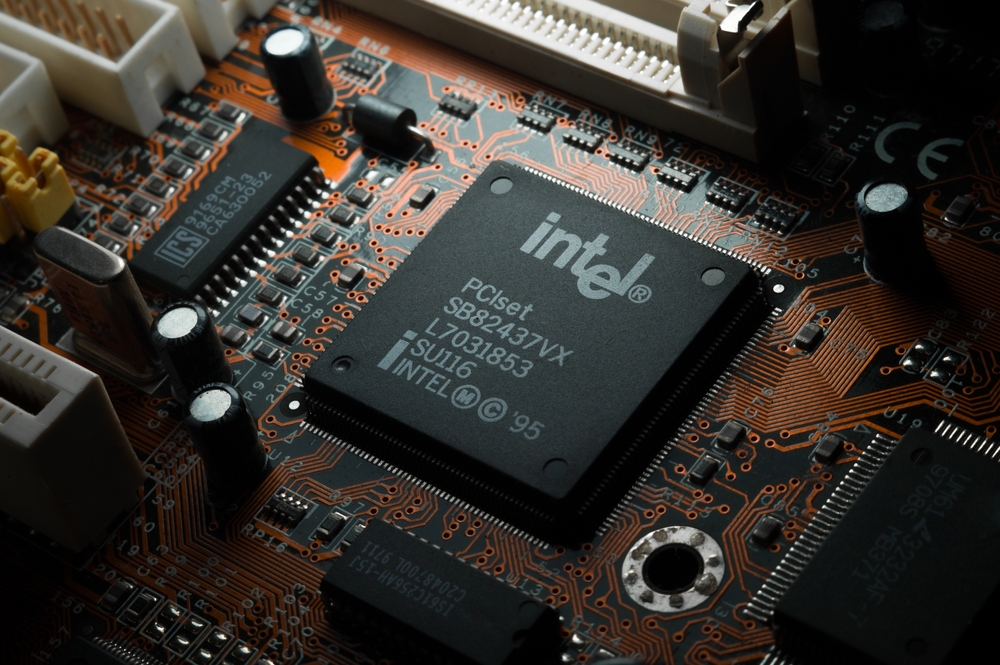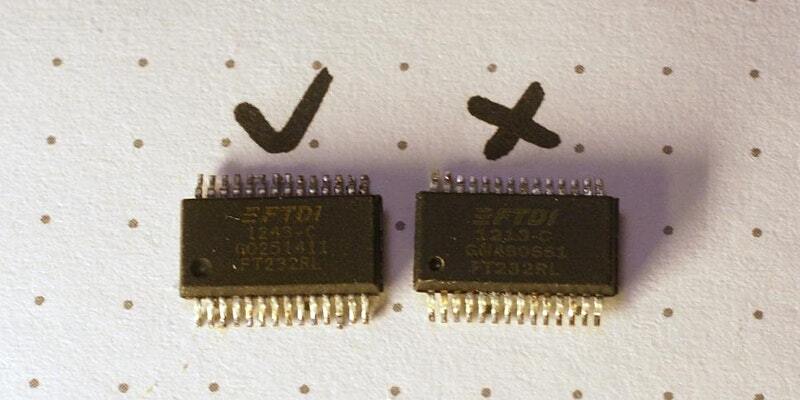The chip crisis is not going away in the next few months, according to a report in Automotive World which states that “Automakers and chipmakers must work together to address the imbalance in demand.”
Ondrej Burkacky writes, “Even with fabs operating flat out, chipmakers have not been able to meet demand, and this situation looks likely to last well into 2023. Boosting production is the obvious answer—but not a simple one. The semiconductor industry has increased its production capacity by nearly 180% since 2000; even so, capacity is nearly exhausted. Building new plants takes many years and many billions in investment.”
“For long-term resilience, companies should create strong technology maps that define their semiconductor needs”
“Automakers need no reminding of this. Chip shortages have forced more than a few to halt production, as Toyota recently announced. Others have cut back on options. Overall, there were 1.7 million fewer vehicles built in 2021 than in 2019. A few carmakers were able to safeguard profits with manufacturing and sales strategies designed to optimise margins. But that raises problems, too, such as a shortage of lower-margin vehicles and more fluctuations in chip demand..”
He concludes, “For long-term resilience, companies should create strong technology maps that define their semiconductor needs. These improve transparency with suppliers, allowing the companies to determine product development more strategically. Developing a clear-eyed view of supply uncertainties and their dependency on selected components makes for better, more informed decision-making.”
To avoid electronics supply-chain disruptions, you may also wish to consult an expert in electronics component supply. With more than three decades of supply-chain expertise, Astute Electronics is ideally placed to work with you on your daily component requirements.
For more help with looking at supply chain options, contact Astute Electronics






